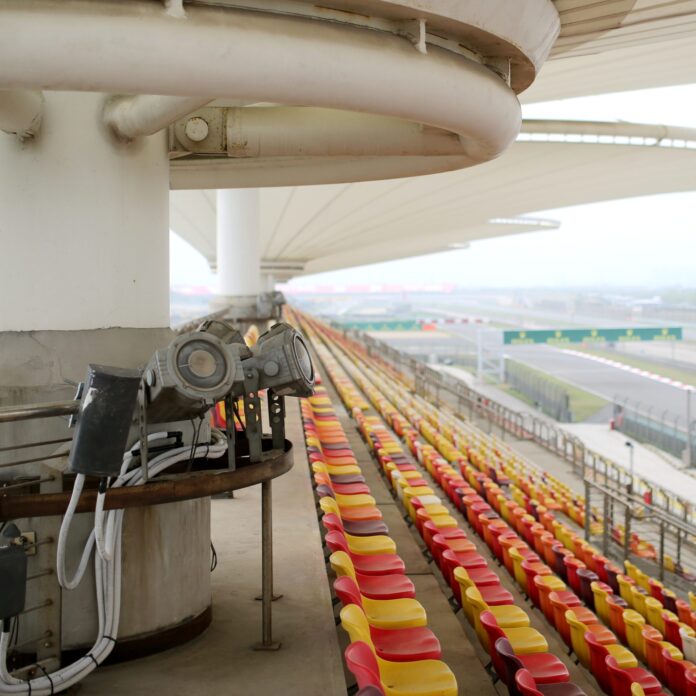Look inside the Small Cells Americas show hosted by Small Cell Forum
Small cells broke out in 2015, Small Cell Forum Chairman Alan Law told RCR Wireless News during an exclusive interview, and virtualization is the key to keeping that momentum going.
A study compiled by the Small Cell Forum from three independent research bodies found the enterprise small cell deployment market is entering a new phase in its evolution. The report, called “Crossing the Chasm,” said the enterprise small cell market made the transition from the “market-testing” phase to the “market-deployment” phase in 2015. The report also said by 2020, the enterprise market will be the largest market for small cells.
“This report effectively signals the end of the first phase of the small cell industry – the ‘why’ phase,” Law said at the Small Cell Americas conference in Dallas. “What matters now to operators all over the world is not why, but ‘how?’ … Really the hub to doing that is automating that process beyond self-organizing the network, but including every aspect of workflow management to really drive scale.”
Law added the rapidly evolving small cell market is going through “a fascinating time.”
Jake MacLeod, president of Gray Beards Consulting, is part of a group developing solutions to issues facing the small cells market. Following the recent PCIA HetNet Expo in Los Angeles, MacLeod contributed to the formation of five working groups focused on the topics of market education and navigating municipal planning/zoning processes, among others.
The goal is to examine “cost elements that are prohibiting or being a major hurdle to the deployment of small cells,” MacLeod said. “One of them is an educational issue. What that working group is designed to do is to coordinate with the wireless CIO industry. The CIOs are going to have to contribute to this and understand what a small cell is. It’s not a macro cell and that’s basically the problem right now in the metropolitan areas with zoning and planning. They look at this as a macro cell.”
As to coming up with a uniform process to deal with varying local planning/zoning laws, MacLeod said that’s “a very significant problem. There’s no uniformity to the zoning and planning processes. Hopefully we can address the issue with some model ordinances that would be applicable to small cell. One of the carriers suggested that small cell should only require an electrical permit, period, full stop. IT makes sense. It’s no bigger than the signage on front of Joe’s Shoe Repair Shop.”
Stuck in traffic or video blocked at work? Check out the HetNet Happenings podcast:
[soundcloud url=”https://api.soundcloud.com/tracks/232357607″ params=”color=ff5500&auto_play=false&hide_related=false&show_comments=true&show_user=true&show_reposts=false” width=”100%” height=”166″ iframe=”true” /]
For previous episodes of HetNet Happenings and other RCRtv productions, click here.

